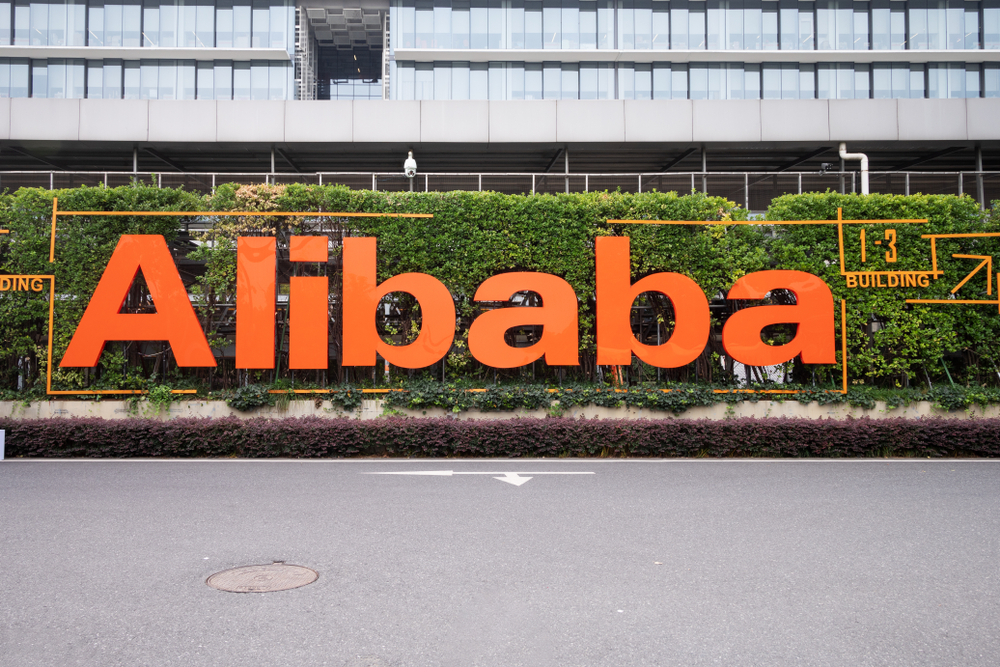Tencent and Toutiao are going head-to-head. After the relationship between the two tech giants had been strained in May, Tencent and Toutiao sued each other on the first day of June for unfair competition, and Alibaba, once again, voiced its support for Toutiao against Tencent, offering its olive branch to Toutiao, one of China’s most valuable startups.
In the latest Tencent-Toutiao PR war, Tencent moved first. On June 1, the social networking and gaming giant announced to sue Toutiao for alleged defamation, demanding 1-yuan worth of compensation and an apology. Toutiao then fought back quickly with a lawsuit against Tencent for blocking Toutiao on its apps, asking for 90 million yuan (approx. US$14 million) in compensation and also a public apology.
Later on the same day, WANG Shuai, Alibaba’s head of PR, stepped in to defend Toutiao. “The lawsuit brought by Tencent is to mute Toutiao according to the WeChat rules set up by Tencent itself. I side with Toutiao,” said WANG on Toutiao’s microblogging platform Weitoutiao.
Earlier in May, another Alibaba senior executive YU Yongfu, head of an Alibaba’s investment unit eWTP, also said he supports Toutiao in the open feud between Toutiao and Tencent.
The enemy of my enemy is my friend
Alibaba was rumored to have attempted to invest billions of dollars in Toutiao’s latest round of financing. The e-commerce giant was willing to value Toutiao at a high valuation and, ironically, was not seeking for a board seat or entitlement to vote as Alibaba normally seeks to keep a strong grip on its investees. The deal eventually went sour because ZHANG Yiming, founder and CEO of Toutiao, was insistent on the independent development of his company.
Alibaba’s interest in teaming up with Toutiao doesn’t come out from thin air. Toutiao depicts the rare success of a Chinese startup without having to side with any one of Chinese “BAT” triumvirate, Baidu, Alibaba, and Tencent. Its flagship news aggregator had 103.9 million daily active users in March according to a report by data service Jiguang and these users spend on average 74 minutes per day on the app as per a report by the Economist.
At the same time, Toutiao’s addictive short-video streaming app Douyin just became the world’s most downloaded non-game app with a DAU of 45.6 million in March, according to the same Jiguang report. Toutiao also operates a series of successful apps, including Huoshan and Xigua, China’s #3 and #4 most popular short-video streaming apps by DAU.
With its huge user base, Toutiao could play a vital role in Alibaba’s ecosystem. Firstly, Douyin could help promote commodities from Alibaba’s e-commerce marketplaces. In return, the video-streaming app could also monetize its huge user traffic. The go-to video app for many young Chinese has integrated shopping links from Alibaba’s shopping sites Taobao and Tmall into its platform, encouraging users to shop while killing time watching entertainment videos.
In terms of content distribution, Toutiao’s app matrix could distribute content from Alibaba’s subsidiaries. In March, Toutiao has reached a partnership with Youku, Alibaba’s video-streaming unit to allow users of Xigua, Toutiao’s short-video streaming app to watch drama, films and other content from Youku.
Open feud with Tencent
For a while, Toutiao and Tencent had fallen afoul, but their rivalry reached a new level in May, probably triggering Toutiao to turn to Alibaba for an alliance against their shared rival Tencent.
In May, ZHANG Yiming and Pony Ma, founders and CEOs of the two companies, was waging war over whether Tencent’ revived short-video streaming Weishi app had plagiarized Douyin. Later in the same month, Douyin published an open letter on Facebook Page-like WeChat Public Account accusing Tencent of taking down its video clips.
The growing feud between Tencent and Toutiao may come as both companies scramble for more user time. According to the Mary Meeker 2018 Internet Trends report, Chinese users’ mobile time spent on social networking activities on a daily basis had dropped 13% in 2017, while the time spent on videos and news were up 9% and 4% respectively.
That means although WeChat is still a super app with 1 billion monthly active users worldwide, it’s not immune to challenges from Douyin which grows at an eye-popping pace.
Editor: Jason Zheng
